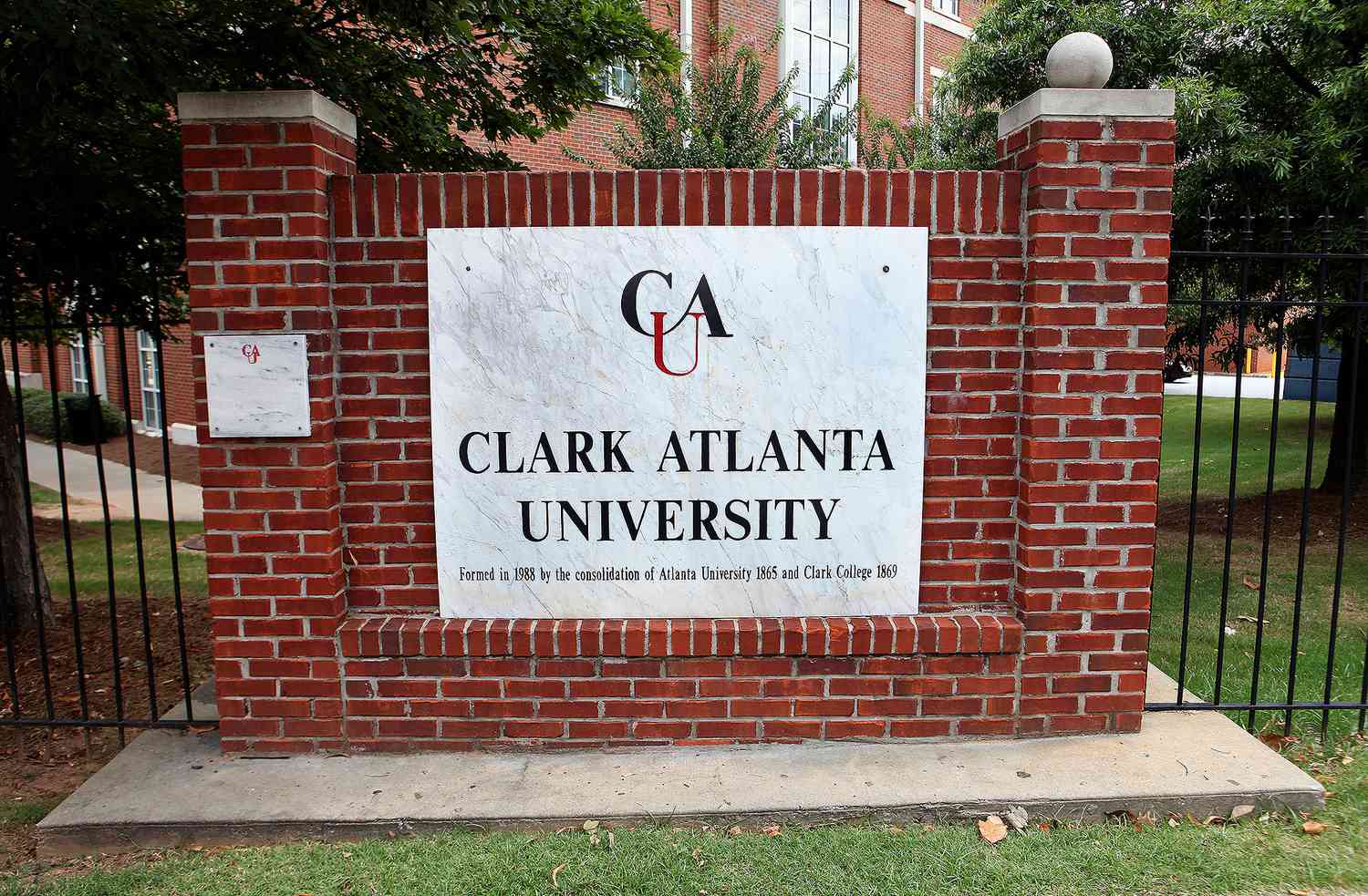By Paula Owens
Clark Atlanta University Professors Dr. Jenny Jones and Dr. Eyitayo Onifade recently penned “Policy, Practice, and Institutional Barriers to Financial Capability and Asset Building Related to Race in the United States,” a chapter within the newly released Social Work and the Grand Challenge of Ending Racism book. The chapter shares evidence and insights from research collaborations to overcome the barriers of structural racism and financial exclusion through financial capability and asset building (FCAB).
“Race, although a social construct, is real in its consequence and effect on our daily lives. We explored the history of race-making and, in turn, its by-product, racism, in creating our current economic hierarchy,” said Jones, Dean, and Professor of the Whitney M. Young, Jr. School of Social Work. “Race is embedded within the makings of our society and requires deliberate efforts in economic policy to address racial injustice and financial disparity between racial groups. This volume details efforts at building up the financial capabilities of racial minorities and other marginalized groups.”
Attitudes toward race profoundly shape access to opportunities and how society responds to people with financial challenges. As U.S. policymakers research empirically grounded policy measures to address economic inequality and structural racism, Jones, Onifade, and other collaborators detailed evidence-based options for financial inclusion.
According to Eyitayo Onifade, Ph.D., “As race-conscious initiatives re-emerge as avenues for policy change, distinguishing between racism and race as a social problem is a starting point in our discourse regarding asset building and financial capabilities in marginalized communities. Race neutrality or race blindness diminishes a core strength of the United States, which is its diversity. We provided concrete interventions in asset welfare concerning racism in recognition of the value of promoting diversity and inclusiveness in economic governance.

